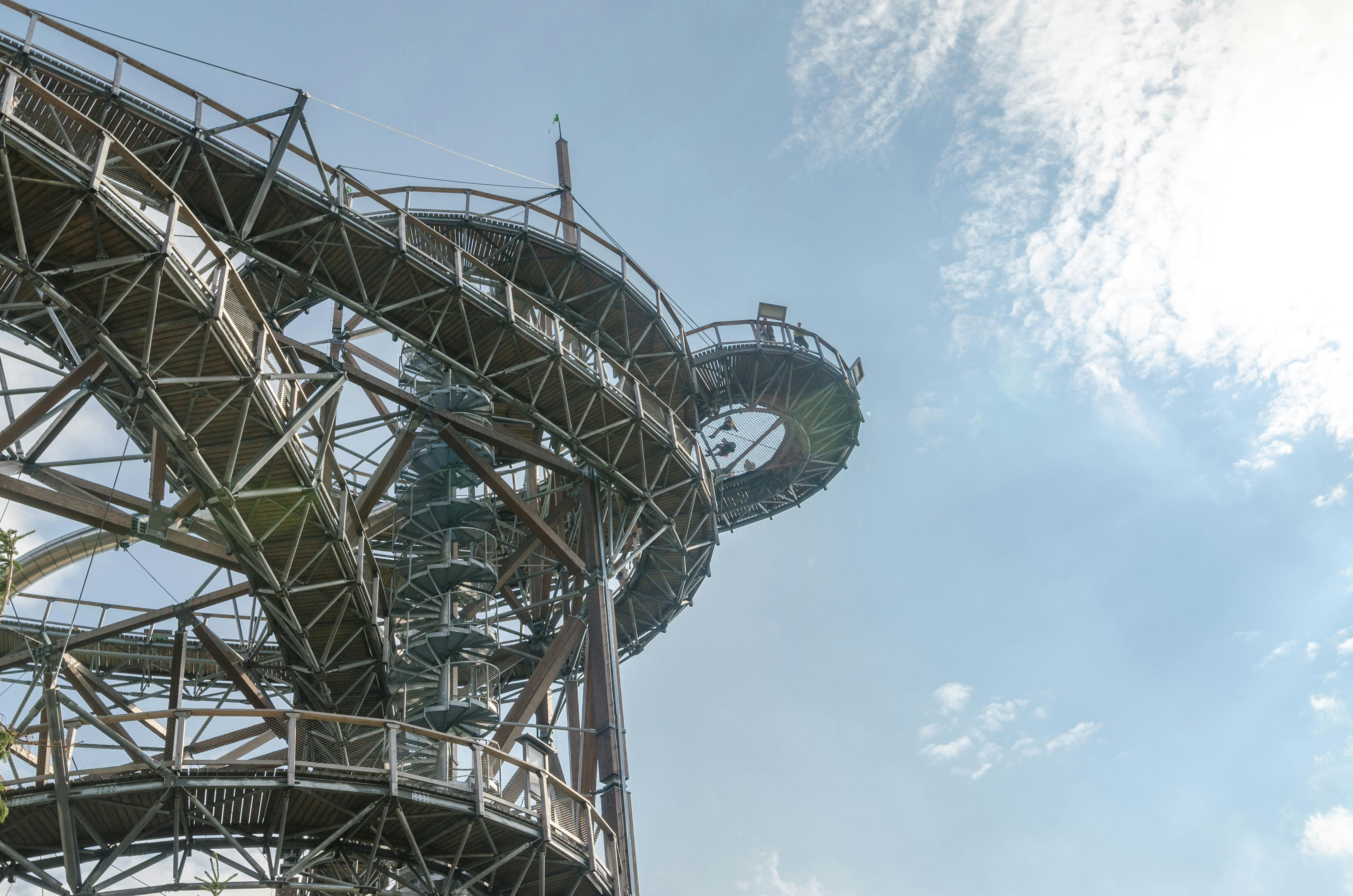Analyzing Precious Metals Forecasts
When it comes to precious metals, there is always a level of uncertainty in predicting their future prices. With factors like economic conditions, geopolitical events, and supply and demand dynamics influencing the market, it can be challenging to make accurate forecasts. In this article, we will analyze the forecasts for gold, silver, and platinum to provide you with insights into how these metals are expected to perform in the near future.
Gold Forecast
Gold has long been considered a safe haven asset, often sought after during times of economic uncertainty. In recent years, gold has been on a bullish trend, with prices climbing steadily. Analysts expect this trend to continue as global economic conditions remain uncertain, and investors seek refuge in gold.
Silver Forecast
Silver, often referred to as “poor man’s gold,” is also expected to see positive price movements in the near future. Like gold, silver is seen as a safe haven asset and is highly correlated with gold prices. As gold prices rise, silver prices tend to follow suit. Analysts predict that silver will continue to rally alongside gold, making it an attractive investment option for those looking to diversify their portfolios.
Platinum Forecast
Platinum, often overshadowed by its more popular counterparts, gold, and silver, still holds its own in the precious metals market. As an industrial metal, platinum is heavily influenced by factors such as demand from the automotive industry and geopolitical events. While platinum prices have been more volatile compared to gold and silver, analysts believe that the overall outlook for platinum remains positive.

This image is property of images.pexels.com.
Factors Influencing Precious Metals Prices
Several factors can impact the prices of precious metals, making it crucial for investors to stay informed and adaptable to market changes.
Economic Conditions
Economic conditions play a significant role in determining the prices of precious metals. During times of economic uncertainty or downturns, investors tend to flock to safe-haven assets like gold, driving up prices. On the other hand, during periods of economic growth, demand for precious metals may decrease, leading to lower prices.
Geopolitical Events
Geopolitical events, such as trade tensions, political instability, and wars, can have a considerable impact on precious metals prices. These events often create uncertainty in the market, prompting investors to seek refuge in assets like gold and silver.
Inflation
Inflation is another crucial factor that influences precious metals prices. When inflation rates rise, the purchasing power of fiat currencies declines, making precious metals more attractive as stores of value. Historically, precious metals have served as a hedge against inflation, making them a popular choice among investors.
Supply and Demand Dynamics
Supply and demand dynamics play a crucial role in determining the prices of precious metals. Factors such as mining output, industrial demand, and investor sentiment can all impact the supply and demand balance of these metals, ultimately affecting their prices.
Historical Performance of Gold, Silver, and Platinum
Understanding the historical performance of gold, silver, and platinum can provide valuable insights into how these metals are likely to behave in the future.
| Metal | 2020 Performance | 2021 Performance (YTD) |
|---|---|---|
| Gold | +24% | +2% |
| Silver | +47% | +8% |
| Platinum | +10% | -3% |
Gold
Gold saw a significant increase in value in 2020, with prices rising by 24%. However, in 2021, gold’s performance has been more modest, with prices seeing a 2% increase year-to-date. Despite this slight slowdown, analysts remain bullish on gold, citing its safe-haven status and the ongoing economic uncertainty.
Silver
Silver outperformed gold in 2020, with prices increasing by 47%. In 2021, silver continues to show positive performance, with prices up by 8% year-to-date. As silver is closely correlated with gold, its price movements often mirror those of gold. Analysts expect silver to continue rallying alongside gold in the coming months.
Platinum
Platinum’s performance in 2020 was more subdued compared to gold and silver, with prices increasing by 10%. However, in 2021, platinum has faced challenges, with prices down by 3% year-to-date. Despite this setback, analysts believe that platinum still holds potential for growth, particularly as industrial demand picks up.

This image is property of images.pexels.com.
How to Invest in Precious Metals
Investing in precious metals can be a lucrative opportunity for those looking to diversify their portfolios and hedge against economic uncertainty. There are several ways to invest in precious metals, each with its own set of risks and rewards.
Physical Bullion
One of the most common ways to invest in precious metals is by purchasing physical bullion, such as gold coins, bars, or rounds. Physical bullion provides investors with a tangible asset that they can hold onto in times of market volatility. However, storing and securing physical bullion can be a challenge, and investors may incur additional costs for storage and insurance.
Exchange-Traded Funds (ETFs)
For those looking for a more convenient way to invest in precious metals, ETFs offer a viable option. Precious metals ETFs trade on major stock exchanges and provide investors with exposure to gold, silver, platinum, and other metals without the need to store physical bullion. ETFs are a popular choice among investors seeking diversification and liquidity.
Mining Stocks
Investing in mining stocks is another way to gain exposure to the precious metals market. By investing in mining companies, investors can benefit from leverage to metal prices and potential dividends. However, mining stocks are subject to company-specific risks, market volatility, and operational challenges, making them a more volatile investment option.
Futures and Options
For more experienced investors, futures and options contracts provide a way to speculate on the prices of precious metals. These derivative products allow investors to trade metal prices without owning the physical assets. Futures and options trading involve significant risks, including leverage, market volatility, and margin calls, and are not suitable for all investors.

This image is property of images.pexels.com.
Conclusion
In conclusion, the forecasts for gold, silver, and platinum remain positive, with these precious metals expected to continue their upward trajectory in the near future. Factors such as economic conditions, geopolitical events, and supply and demand dynamics will continue to influence the prices of these metals, making it essential for investors to stay informed and adaptable to market changes. Whether you choose to invest in physical bullion, ETFs, mining stocks, or derivatives, investing in precious metals can provide diversification and a hedge against economic uncertainty in your portfolio. Remember to carefully consider your investment goals, risk tolerance, and timeframe before making any investment decisions in the precious metals market.



